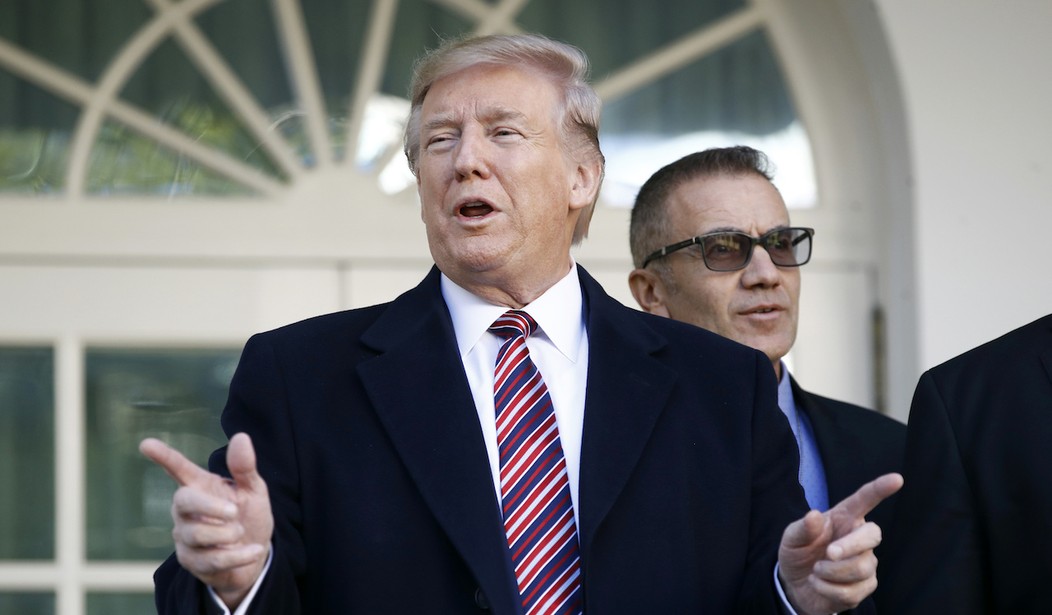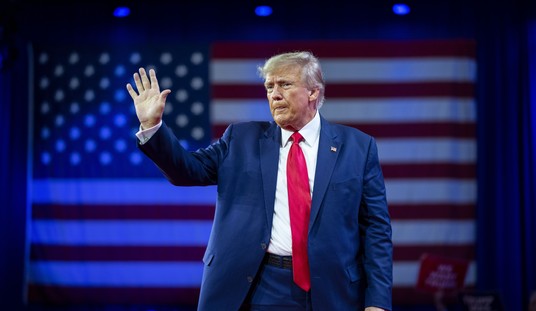While campaigning for president, Donald Trump said that he would fix every one of the lopsided trade agreements that the U.S. had with trading partners worldwide. After being sworn into office, he carefully examined each agreement and came to the conclusion that each one had to be re-negotiated. The problem was that every trading partner was very reluctant.
And why not? For whatever reason, every single trade agreement was slanted in favor of our trading partner and to the detriment of the U.S. Each trading partner liked it that way.
As an example, consider the automobile industry. When a car is produced in Europe and sold in the US, a 2 ½ percent tariff is charged by the U.S. However when a car is manufactured in the U.S. and sold in Europe, the EU charges a 10 percent tariff.
For the agreement with China, a car produced in China is charged a 2 ½ percent tariff when sold in the US. But a US produced car is charged a 25 percent tariff when sold in China. Some cars, like the Corvette, are charged a 50 percent or more tariff.
China was even able to avoid the 2 ½ percent tariff by producing most of the car in China, then sending it to Mexico to be finished. When completed the car is sold in the U.S. and charged no tariff because the car came from Mexico.
The result of these lopsided agreements is that Americans annually import hundreds of billions of dollars more than we export. That means hundreds of billions of dollars annually flow out of the U.S.
President Trump’s goal was to renegotiate these agreements so that they encouraged free as well as fair trade. Fair meant that if countries charged a tariff, then the tariff should be the same whether importing or exporting.
Recommended
But all of the trading partners did not want to renegotiate. Trump, being a business person and not a politician, knew that when negotiations are required and the partner is unwilling to negotiate, a sense of urgency must be created. Even though every conservative economist objected to large tariffs, Trump imposed punishing tariffs on our trading partners.
The purpose of the tariffs, in the short term, was to bring the partners to the negotiating table. In the long term, the goal was to have new trade agreements which were truly fair to both sides. So far it is working, marvelously.
Already a new agreement has been reached between the U.S., Mexico and Canada. There is a new agreement with South Korea and a new agreement with Japan. India is talking to the U.S. about a new agreement and even the European Union has pledged to work toward a zero tariff policy.
The last major trading partner is China. They were extremely reluctant to change the very favorable to China, trade deal. Trump imposed punishing tariffs. American critics warned Trump that we need China, which produces hundreds of billions of dollars of goods that are sent to the U.S. American citizens purchase many consumer goods at much lower prices because they are made in China. Critics also warned that China will retaliate by imposing tariffs on U.S. goods sold in China thereby harming American manufacturers.
Trump stood firm even with all Democrats, nearly the entire media, many conservative economists, and even some of his closest advisors saying the tariffs would be a disaster for the U.S. economy.
Exactly the opposite has occurred. Trump realized that China needed us more than we needed them, putting the U.S. in a strong position. However, complicating a deal with China was their refusal to honor intellectual property rights, the closure of Chinese financial markets to U.S. firms, technology transfer issues and the sharing of innovation.
Even with those issues a new deal was recently reached because the tariffs placed on Chinese goods crippled the Chinese economy. Their very strong growth rate was cut in half. When they retaliated by placing tariffs on U.S. agricultural products, the cost of food increased for Chinese citizens. Since workers are mostly very low paid (that’s why U.S. companies manufacture in China), the higher food cost created burdens for the average Chinese citizen.
China eventually relented as Trump was set to increase the tariffs even further. The first phase of a new trade deal is about to be finalized. China will be forced to change their behavior including the halting of their currency manipulation. Eventually Chinese markets will be open to U.S. manufacturers which will expand the U.S. economy.
Although many criticize his tactics and cringe when they read his tweets, no one can argue with his results. Trump has placed the interests of the country above all else. He has won the trade war as U.S. consumers, manufacturers, and taxpayers are all coming out ahead.
























Join the conversation as a VIP Member